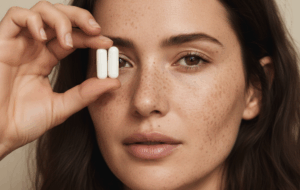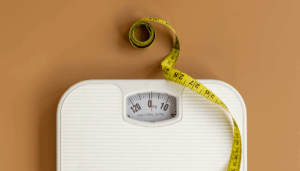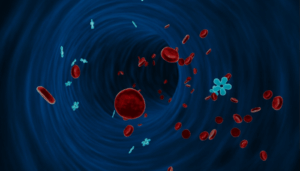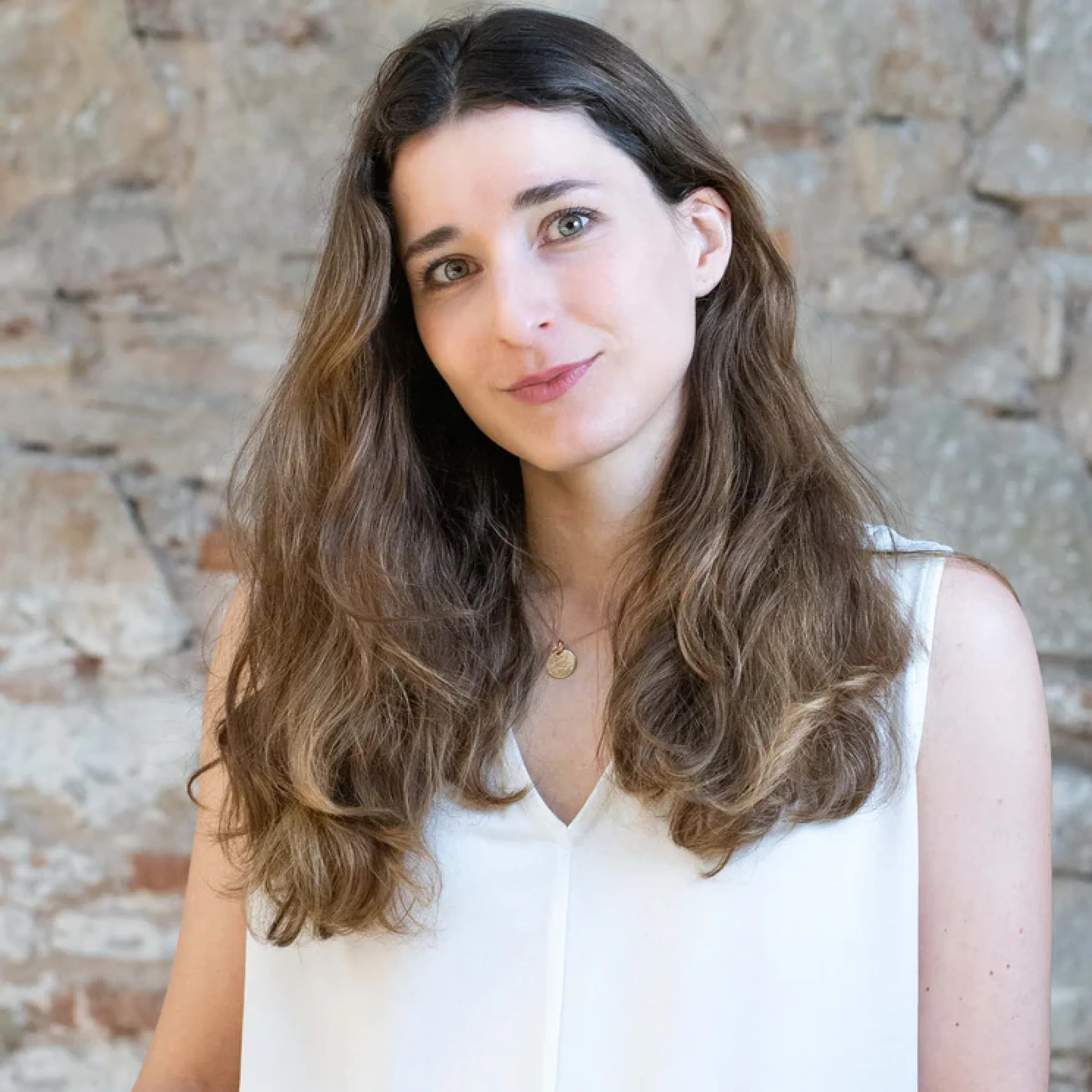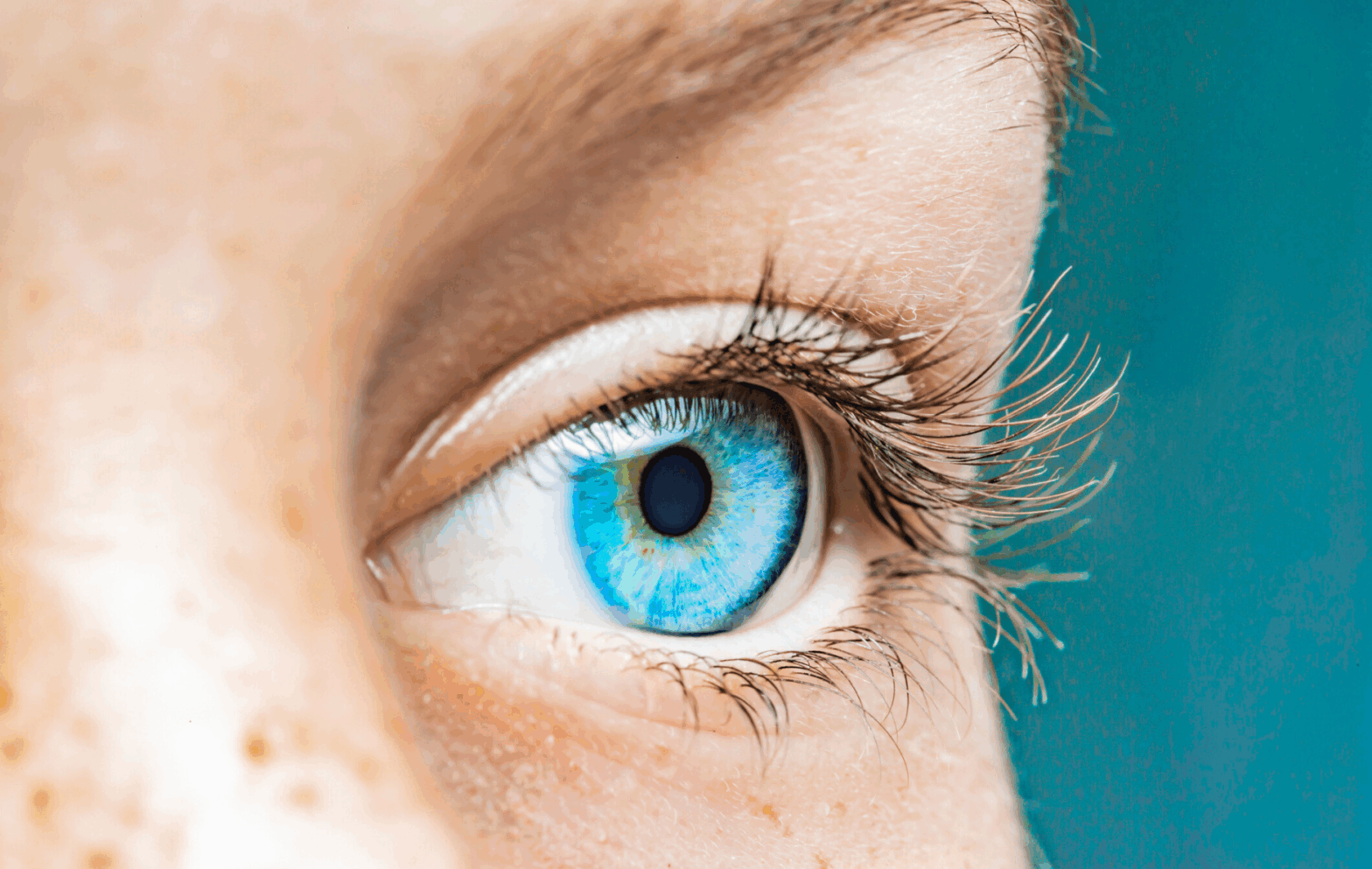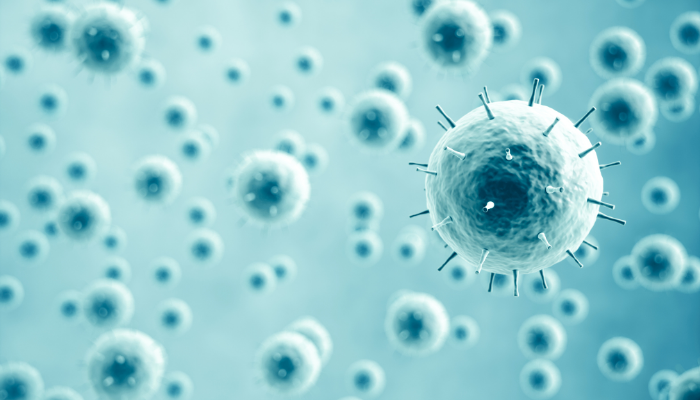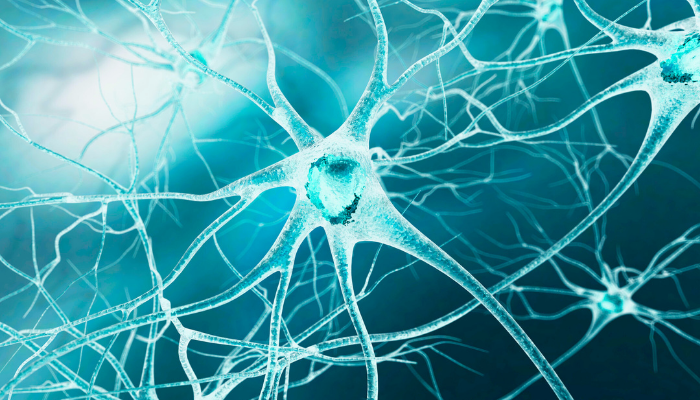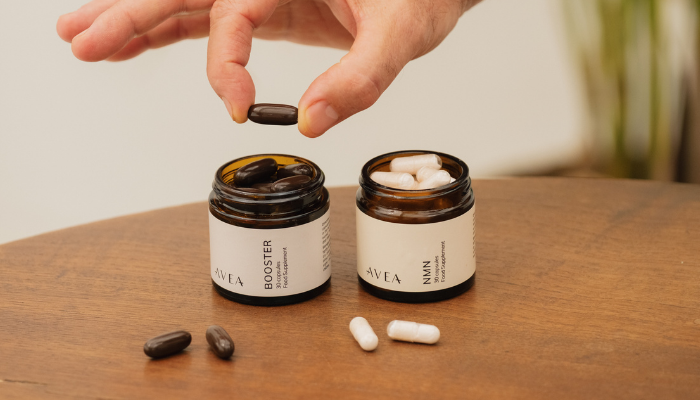In this article
What is biological age, and why does it matter?
Biological age reflects how well your body is aging internally, unlike chronological age, which simply counts your birthdays. It shows how efficiently your cells, organs, and systems function, and it can differ dramatically between people of the same age.
Why should you track it?
- Identify early signs of aging or hidden health issues
- See the impact of your lifestyle (diet, sleep, stress, exercise)
- Set and measure progress toward longevity goals
- Personalise your health strategy using real biological data
Unlike chronological age, which is fixed, biological age is modifiable. This gives you the power to take control of how you age—from the inside out.
How can you measure biological age?
There are several scientific methods to assess biological age:
1. Epigenetic clocks (DNA methylation tests): These measure age-related changes to your DNA, offering a highly accurate biological age estimate. Examples include the Horvath Clock, GrimAge, and PhenoAge. They are widely used in longevity research but can be expensive and require lab analysis.
2. Blood biomarker panels: These evaluate key biomarkers like glucose, cholesterol, CRP (inflammation), and oxidative stress. The results are used to calculate an estimated biological age. These are more accessible and can be tracked over time. Some at-home kits, like AVEA’s NAD+ test, allow targeted biomarker tracking.
3. Telomere length tests: Telomeres protect your chromosomes during cell division. As we age, they naturally shorten, but chronic stress, poor diet, and lack of exercise accelerate this. Shorter telomeres are linked with age-related diseases and reduced lifespan.
4. Functional assessments: Tests like grip strength, walking speed, heart rate variability, and cognitive function can give practical insights into biological age and overall vitality.
What causes your biological age to rise?
Biological aging begins at the cellular level. Over time, the body accumulates damage it struggles to repair, leading to slower metabolism, fatigue, visible signs of aging, and increased risk of disease.
Key drivers include:
- Mitochondrial dysfunction: Less efficient energy production and more oxidative stress
- NAD+ decline: This vital molecule fuels hundreds of cellular processes but drops significantly with age
- DNA damage and telomere shortening: Accelerates cellular deterioration
- Cellular senescence: Zombie cells release inflammatory signals and harm surrounding tissues
- Collagen loss: Structural decline in skin, joints, and connective tissues
These mechanisms are interconnected and reversible, with the right interventions. Importantly, many of these processes are now measurable and modifiable through lifestyle and supplementation.
Can you reverse biological age naturally?

Yes. Several studies suggest that the right lifestyle changes and longevity-focused supplements can reduce biological age and improve how you feel.
1. How does exercise affect biological age?
Movement is one of the most effective ways to stay biologically young.
- Aim for 300–599 minutes of moderate-intensity cardio per week (e.g., walking, cycling)
- Add 2+ resistance training sessions per week
- 60 minutes of strength training weekly can deliver noticeable results
Harvard study: Older adults who combined strength and aerobic training had a 30% lower biological age.
Exercise activates important pathways like AMPK and boosts mitochondrial function. It also increases circulation, supports metabolic health, improves insulin sensitivity, and enhances brain-derived neurotrophic factor (BDNF), which protects cognitive function.
2. What diet helps reduce biological age?
Nutrition fuels every cell in your body. What you eat impacts how well those cells repair, detox, and regenerate.
- Mediterranean diet: Rich in plants, healthy fats (olive oil), fish, and low in red meat and sugar
- Fasting-Mimicking Diet (FMD): A plant-based, low-calorie protocol done 5 days/month mimics fasting benefits without full restriction
Clinical study: FMD for three months led to measurable reductions in biological age.
Whole foods high in antioxidants help neutralize free radicals that contribute to DNA damage. Polyphenols from berries, greens, and spices like turmeric have anti-inflammatory effects that support cellular repair.
Time-restricted eating (e.g., eating within an 8–10 hour window) has also shown promise in improving metabolic health and reducing oxidative stress.
3. Which supplements help reduce biological age?
As we age, it becomes harder to get sufficient nutrients through food alone. Supplements can help fill the gap and directly target cellular aging.
Key supplements and how they work:
- CoQ10 + AKG: Support mitochondrial energy production, reduce fatigue, and improve metabolic efficiency
- NMN (Nicotinamide Mononucleotide): Boosts NAD+ levels for better metabolism, energy, and cellular repair
- Resveratrol & Pterostilbene: Neutralise oxidative stress and activate sirtuins, genes linked to longevity
- Apigenin & Betaine: Support DNA repair and preserve NAD+ by inhibiting the CD38 enzyme, which depletes it
- Colgevity™ amino acids: Provide the building blocks to stimulate new collagen production, improving skin firmness and joint health
These supplements work best in combination, especially when designed to target overlapping pathways – energy, repair, inflammation, and structure.
What is the AVEA Longevity Bundle?

The AVEA Longevity Bundle is a 3-product supplement stack designed to reduce biological age and enhance performance from the inside out:
1. NMN Supplement
Boosts NAD+ levels with Longevir™, a highly bioavailable precursor. Supports energy, brain health, and cellular repair.
2. Booster
Combines CoQ10, Resveratrol, Pterostilbene, Apigenin, and Betaine. Helps protect cells from oxidative stress and enhances NAD+ utilisation.
3. Collagen Activator
Features Colgevity™ (a vegan collagen booster), AKG, and Astaxanthin. Promotes youthful skin, flexible joints, and connective tissue health.
Tobias reduced his biological age by 6 years, and Ibrahim by 6.5 years using this bundle. Learn more here
These three formulas were developed by scientists at ETH Zurich and are backed by emerging clinical insights into mitochondrial function, collagen biosynthesis, and NAD+ metabolism.
Expert insights
Dr. Andrea Gartenbach, Internal Medicine Specialist: “Longevity supplements can help your body slow down aging at the cellular level, improving overall health and energy.”
Dr. Marie-Catherine Klarkowski, Dermatologist: “NMN is a breakthrough in anti-aging, supporting cellular repair. The Booster and Collagen Activator further enhance these benefits.”
4. How does sleep influence biological age?
Sleep is when your body repairs and regenerates. Poor sleep accelerates biological aging, particularly in the brain and immune system.
- Aim for 7–8 hours of uninterrupted sleep per night
- Prioritise sleep quality with a cool, dark room and consistent routine
- Avoid screens and heavy meals before bedtime
Study of 47,000 adults: Less than 5 or more than 9 hours of sleep was linked to higher biological age.
During deep sleep, your body releases growth hormone, rebuilds tissues, and clears toxins via the glymphatic system. Sleep deprivation impairs mitochondrial function and increases markers of systemic inflammation.
5. Can stress make you biologically older?
Chronic stress triggers inflammation, suppresses repair processes, and accelerates cellular aging. But it’s reversible with proper recovery.
- Practice relaxation techniques daily (breathwork, yoga, meditation)
- Limit caffeine and screen time, especially in the evening
- Include active recovery like walking, sauna, or cold exposure
A study in Cell Metabolism found stress temporarily raises biological age but recovery can reverse the effect.
Even short daily rituals can help lower cortisol levels and shift the nervous system into parasympathetic mode, where healing and repair happen. Prioritising recovery is as important as productivity in any longevity protocol.
How to take action
You don’t need to overhaul your life to see results. Small, consistent changes, paired with targeted supplements, can make a big difference. Focus on what you can control: sleep, movement, nutrition, mindset, and daily recovery.
Track your biological age every 3 to 6 months, if possible, to stay motivated and refine your routine. Over time, you may notice improvements not just in numbers, but in energy, resilience, and confidence.
Conclusion: What’s the best way to start reducing your biological age?
Start with these five areas:
- Move more (especially strength + cardio)
- Eat whole, nutrient-dense foods (Mediterranean-style)
- Sleep better and recover daily
- Add evidence-based supplements like NMN, antioxidants, and collagen boosters
- Track your progress and adjust along the way

By supporting your cells, reducing stress, and nourishing your body with the right tools, you can age with more energy, clarity, and resilience.
Ready to support your biological youth?
Explore the AVEA Longevity Bundle to start your science-backed journey to healthier aging—inside and out.



